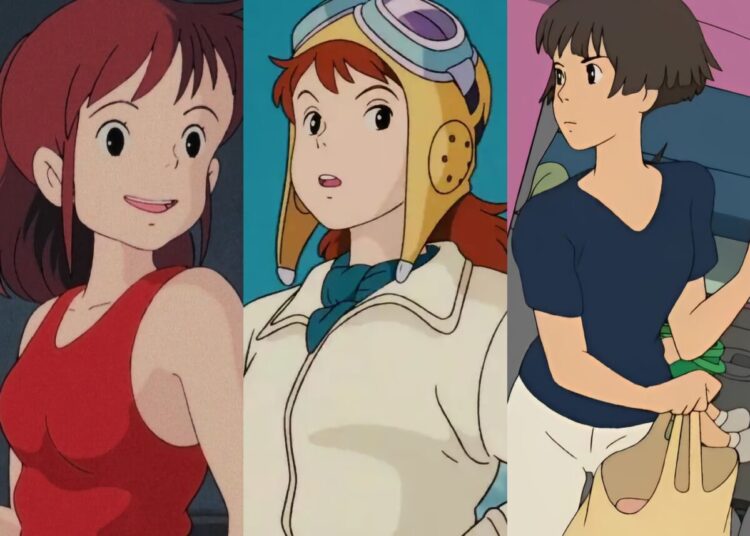Although Japan is a lot smaller than the U.S. — it’s about the same land area as Nebraska, but spread over an area larger than California — cars are just as important to most people, especially outside of larger cities with their convenient trains. Roads in Japan are understandably more narrow than in countries with more space, and one aspect of driving here I still can’t get used to is looking in the large mirrors positioned at blind intersections to see if cars are coming — I usually just inch my car out to see oncoming traffic instead. While there are some small cars on the roads here, including a class of 1000 cc-and-smaller engine vehicles called “K” cars (“kei” is one pronounciation for the kanji for “lightweight”), there are plenty of big vehicles, too, such as the giant Toyota Land Rover, the Ford Expedition even a huge Cadillac Escalade I saw the other day. Although there is a network of freeways in Japan which are extremely clean and well-engineered, the fact that there’s seldom one going where you want to go means that driving in Japan usually involves lots of surface streets and stoplights. Freeways aren’t “free” either — it costs me around $6 to go to the next city over, or $25 if I take the freeway all the way into Tokyo.
I’ve always been fascinated with kanji, the Chinese characters that Japan adopted around the 6th century. Essentially a pictographic writing system that was layered over the existing Japanese language, which had no written form up to that time, there are generally two pronunciations for any given character: the original Japanese word (for a word like water, mizu, 水), and the Chinese reading (sui). The basic rule is, a kanji all by itself (water) will be read using the Japanese reading, while compound words that happen to use the character as part of it (seawater, watercolor paint, hydrogen、海水、水彩, 水素 respectively) get read using the Chinese reading. Although I can’t speak Chinese or Koran worth a damn, some of the more complex words in Japanese, like “cell phone” “air current” or “a delicate love triangle” (don’t ask me why I know this, but it’s quite well known here, 微妙な三角関係, bimyo na sankaku kankei) come out sounding the same, not unlike the way that many English vocabulary words are shared with French.
Autumn is upon us in Japan, and that means one thing: School Sports Day, a special event held at all elementary schools where kids run relays, do tug-of war, have egg toss competitions, perform dances or brass band numbers that they’ve been practicing for months, and so on. Tomorrow is our turn to “oo” and “ah” as our kids celebrate youth and sports at their school sports day, and we’ve got everything ready, from folding chairs to cameras to bento. In accordance with Article 17 of the Japanese Constitution, I’ve purchased a new video camera so we can record these special memories for posterity (our old one conveniently broke on us).
Our new embroidered Japanese hats are proving to be quite a hit with J-List customers, and we think they’re a great way to add something unique to your personal fashion space. Today we’ve got two killer new hats for you, baseball cap versions of our “Cheshire Totoro” parody anime T-shirts which come in grey or blue. These very-soft Vintage Chino Twill Cap by Alternative Apparel are the best hats you can buy, with brass clasps for stylish size adjustment to fit any head (even mine). The new Totoro caps look great — check out both colors on the site!
We’ve posted the rest of the 2007 calendars today, and there are now more outstanding large-format calendars from Japan for you than ever. All these preorder calendars are printed on the most beautiful paper you can imagine, and will become a special part of any room they hang in. We now have over 250 only-available-from-Japan calendars available for preorder, from beautiful images of Japan to rare JPOP to the hottest anime and more. Browse our 2007 calendar lineup now!
Just a reminder about email: it isn’t what it used to be, and J-List often has problems with our emails getting through to customers, and vice-versa. We’ve noticed that Yahoo and Hotmail are two of the mail services most likely to delete mails from J-List without reason, with AOL coming in a close third. We recommend Google’s Gmail service much more, and use it ourselves quite a lot (in fact we’re updating the J-List contact form to use these email addresses). If you’d like to make the switch to Gmail but need someone to send you an “invite” email, just give us a shout and we’ll get one to you right away. If you ever have problems getting a speedy email reply from us, please make sure you use the contact form on the site, which allows you to immediately reach all J-List employees.















